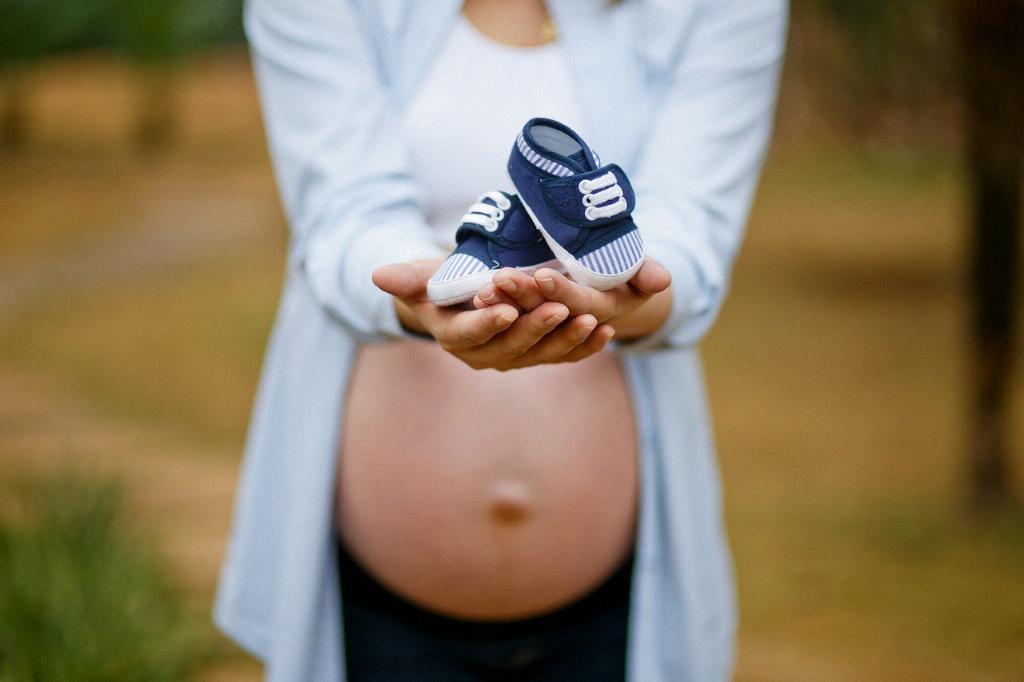When it comes to pregnancy, changes in your body are to be expected. One common change that many pregnant individuals experience is an increase in vaginal discharge, also known as leukorrhea. This discharge can vary in consistency throughout the different stages of pregnancy, from thick and sticky to thin and watery.
Early Pregnancy: Week 1-4
In the early stages of pregnancy, specifically around one to two weeks after conception, changes in vaginal discharge may already be noticeable. At this point, the discharge may appear watery, but it can also be quite light and barely noticeable.
First Trimester: Week 5-12
As the first trimester progresses, typically from week 5 to week 12 of pregnancy, the watery discharge may become more noticeable. This is due to increased blood flow to the pelvic area and changing hormone levels, which can result in an increase in vaginal secretions.
Second Trimester: Week 13-27
During the second trimester, from week 13 to week 27, the watery discharge may continue to be present. However, some individuals may notice a decrease in the amount of discharge compared to the first trimester. It’s essential to remember that every pregnancy is unique, so variations in discharge are entirely normal.
Third Trimester: Week 28-Birth
As you approach the final stretch of pregnancy, from week 28 until birth, the watery discharge may increase in volume. This is because your body is preparing for labor and delivery, and the increased discharge can help keep the vaginal area clean and prevent infections.
Concerns and When to Seek Medical Advice
While watery discharge is typically normal during pregnancy, there are instances where it may indicate an issue. If the discharge has a strong odor, is accompanied by itching or irritation, or appears green or yellow in color, it’s essential to consult with your healthcare provider to rule out any infections.
Practicing Good Hygiene
To help manage watery discharge during pregnancy, it’s essential to practice good hygiene. Keeping the vaginal area clean and dry, wearing cotton underwear, and avoiding douching can help prevent infections and maintain vaginal health.
Stay Hydrated
Staying hydrated is crucial during pregnancy, not only for your overall health but also to help regulate vaginal discharge. Drinking plenty of water can help maintain proper hydration levels and reduce the risk of thick or foul-smelling discharge.
Conclusion
In conclusion, experiencing watery discharge during pregnancy is a common occurrence. The consistency and volume of the discharge may vary throughout the different stages of pregnancy, but in most cases, it is entirely normal. However, if you have any concerns about your vaginal discharge, it’s always best to consult with your healthcare provider for personalized advice and guidance.

